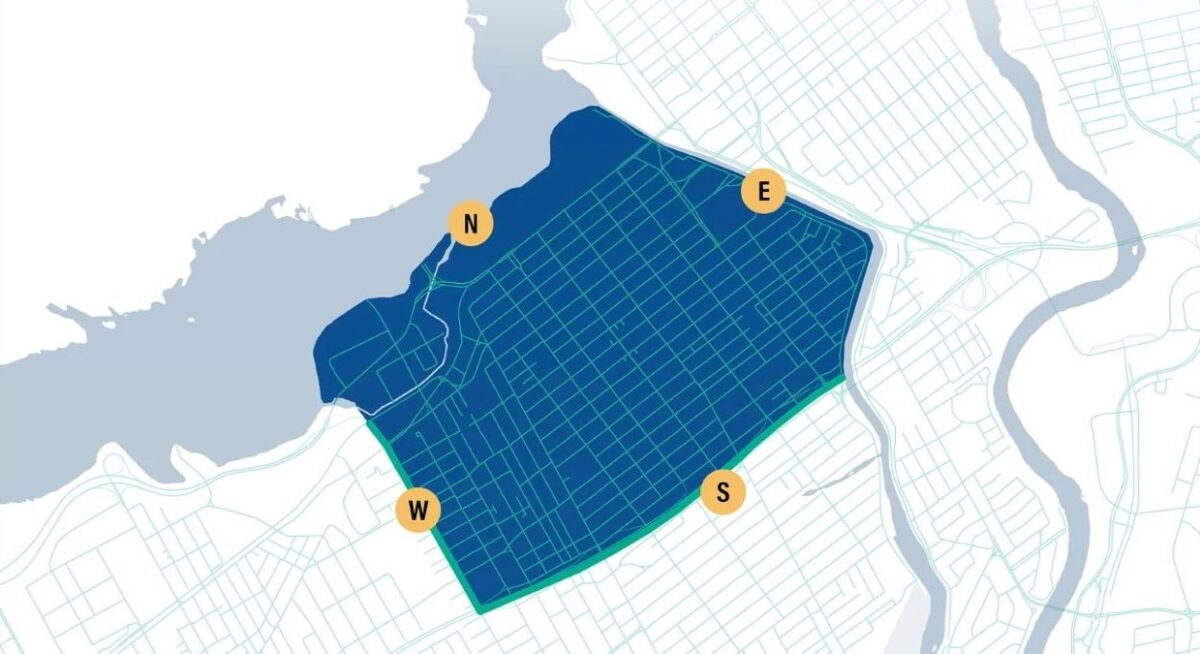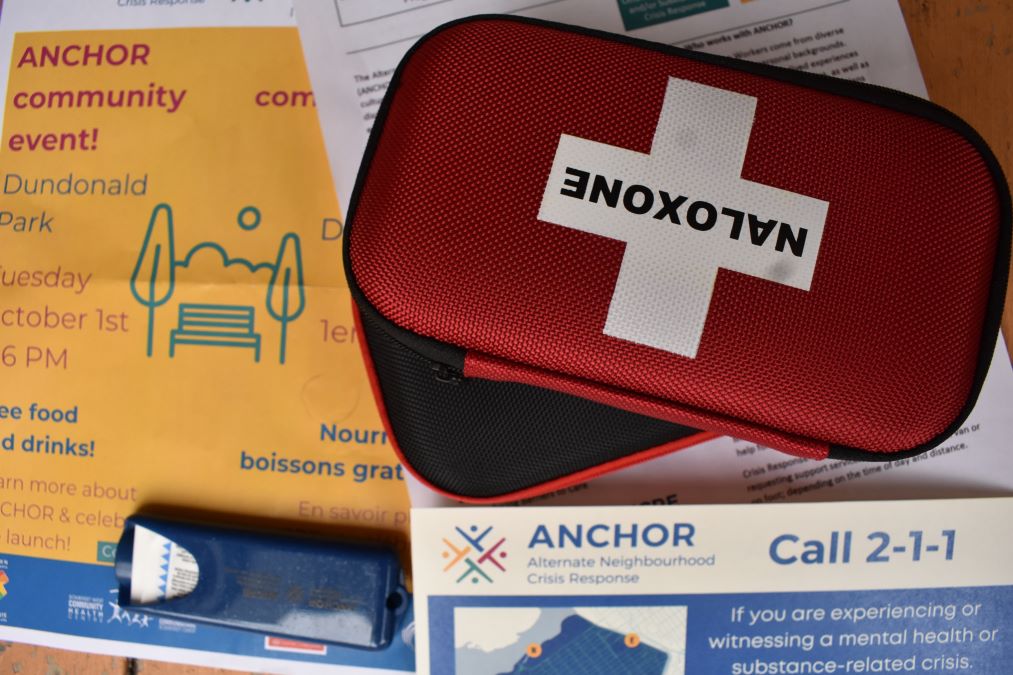It’s been nearly six weeks since the City of Ottawa started the Alternate Neighbourhood Crisis Response hotline and workers say it’s already seeing significant uptake.
The pilot program known as ANCHOR can be reached at 2-1-1. It is a partnership between the Centretown Community Health Centre and the Somerset West Community Health Centre. Crisis response workers staff the hotline 24/7, 365 days a year and respond in person to support people experiencing mental health and/or substance abuse crises.
Somerset Ward Coun. Ariel Troster says she’s been hearing “constantly” since being elected that constituents wanted an alternative to 911. She says the 2016 death of Abdirahman Abdi as Ottawa Police arrested him while he was experiencing a mental health crisis was the impetus to form the city’s Guiding Council on Mental Health and Addictions, which led to the creation of ANCHOR.
De-escalation tactics are key to ANCHOR’s approach. “Building rapport and building connection with someone in a way that doesn’t heighten their anxiety, where there’s not a threat of criminalization, really allows a person to feel less scared,” says Morissa-Dalia Ellis, ANCHOR program manager.

ANCHOR also offers post-crisis follow ups, helping people navigate systems such as housing and rehabilitation services.
“The whole point of the program is to really meet people where they’re at, having people treated holistically,” says Ellis.
The nearly 30-person staff, who all have either lived or professional experience, also have completed 200 hours of additional de-escalation and crisis response training as part of their onboarding, says Ellis.
Troster says that “more aggressive” police tactics in the ByWard Market are contributing to a “a migration of some really high-needs individuals [who typically would have hung out in the Market] and we already have a high-needs population in Centretown.” ANCHOR, Troster says, is of “huge, huge value to the community.”
She says her city budget advocacy in 2025 is focused on more indoor, low-barrier shelter spaces in Centretown and hiring more outreach workers to work on discouraging public drug use, supports that can work in tandem with ANCHOR.
There are three supervised consumption sites in Ottawa. The Somerset West Community Health Centre, will close next March because the province banned supervised consumption sites within 200 metres of schools.
Eastern Ontario has 21 residential addiction treatment programs with at total of 265 beds. This makes up just over 20.6 per cent of the provincial total, according to a 2023 study in the Journal of Substance Abuse Treatment, Prevention, and Policy.
Community uptake of ANCHOR’s services has been swift, says Ellis. In its first two weeks of operation, she estimates the team responded to more than 100 calls, averaging 10 to 11 dispatches a day.
She notes that the hotline is meant for the community at large, and that mental health crises such as suicidal ideation, panic attacks or severe anxiety are not limited to one segment of the population.
“Of course, we do help people who have substance use issues and some folks who are unhoused, but we’re also not only for those folks. It’s really for everyone.”
ANCHOR also aims to decrease stress on emergency services by triaging non-violent mental health crises out of police and paramedic responses. A similar program in Toronto, which also began as a pilot program and then scaled up city-wide, required police intervention in just four per cent of calls, says Ellis.

Eric Janus, operations manager of communications at the Ottawa Police Service, says the project teams work very closely together. Protocols are in place so that if a call does escalate to a need for 911, the caller does not have to make separate calls.
“Anecdotally, the feedback [about ANCHOR] from officers and dispatchers has been very positive,” he adds.
The Centretown Business Improvement Association, many of whose Bank Street member businesses have stepped up storefront security recently, declined comment for this article.
The ANCHOR pilot program will run until 2027. Going forward, Ellis says it would be “sensational” if the program were scaled up city-wide. They’ve already been receiving calls from outside their Centretown catchment, as far as Orléans: “People [want] that actively engaged, holistic support that the ANCHOR team is able to provide. People really believe in the program.”
“This is really the beginning of a new paradigm in terms of how we respond to crisis,” says Councillor Troster. “I think it holds a lot of hope.”
ANCHOR is hosting a community event at Dundonald Park on Oct. 1, from 3 p.m. to 6 p.m. to further community education about the program and celebrate its launch.




